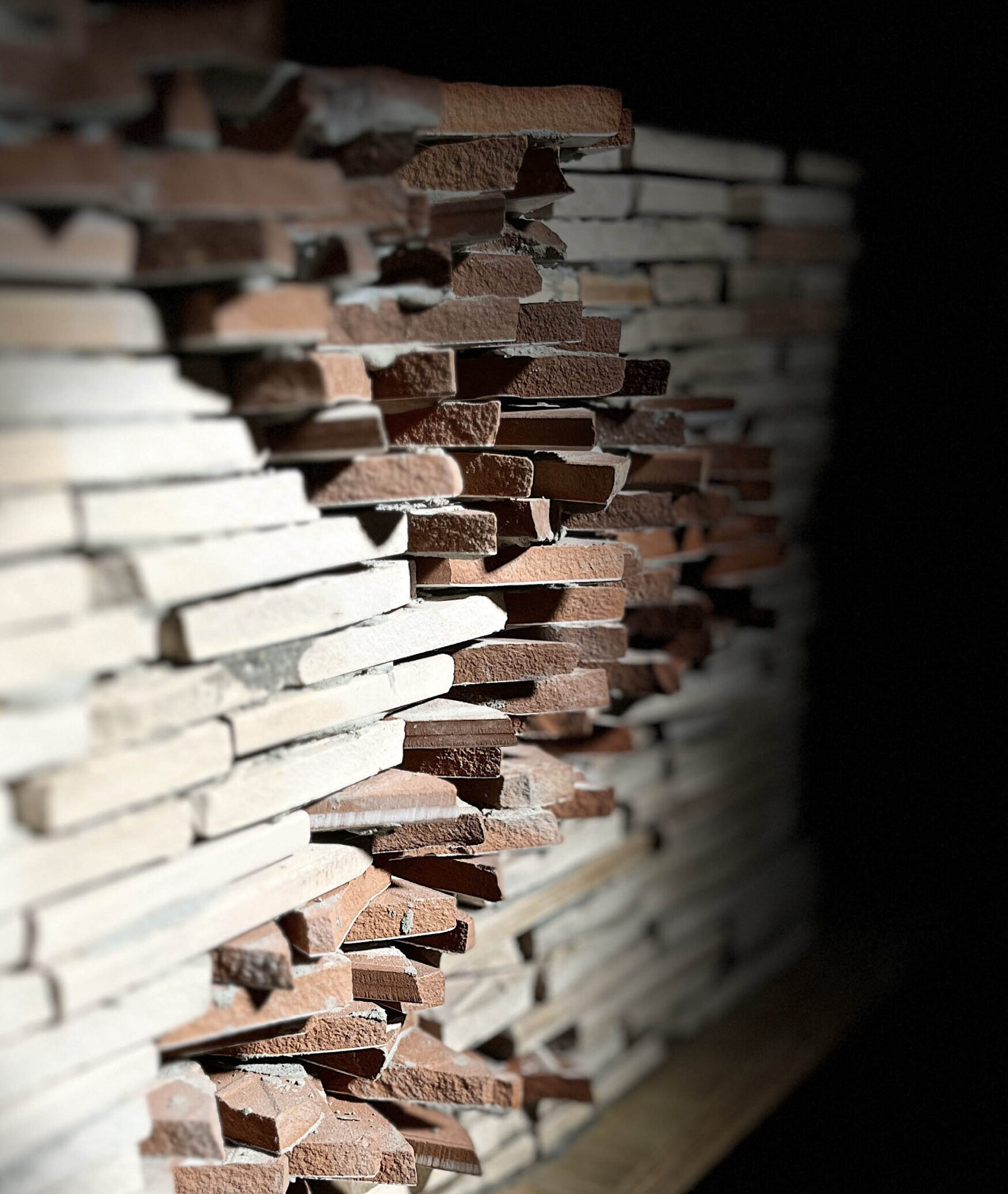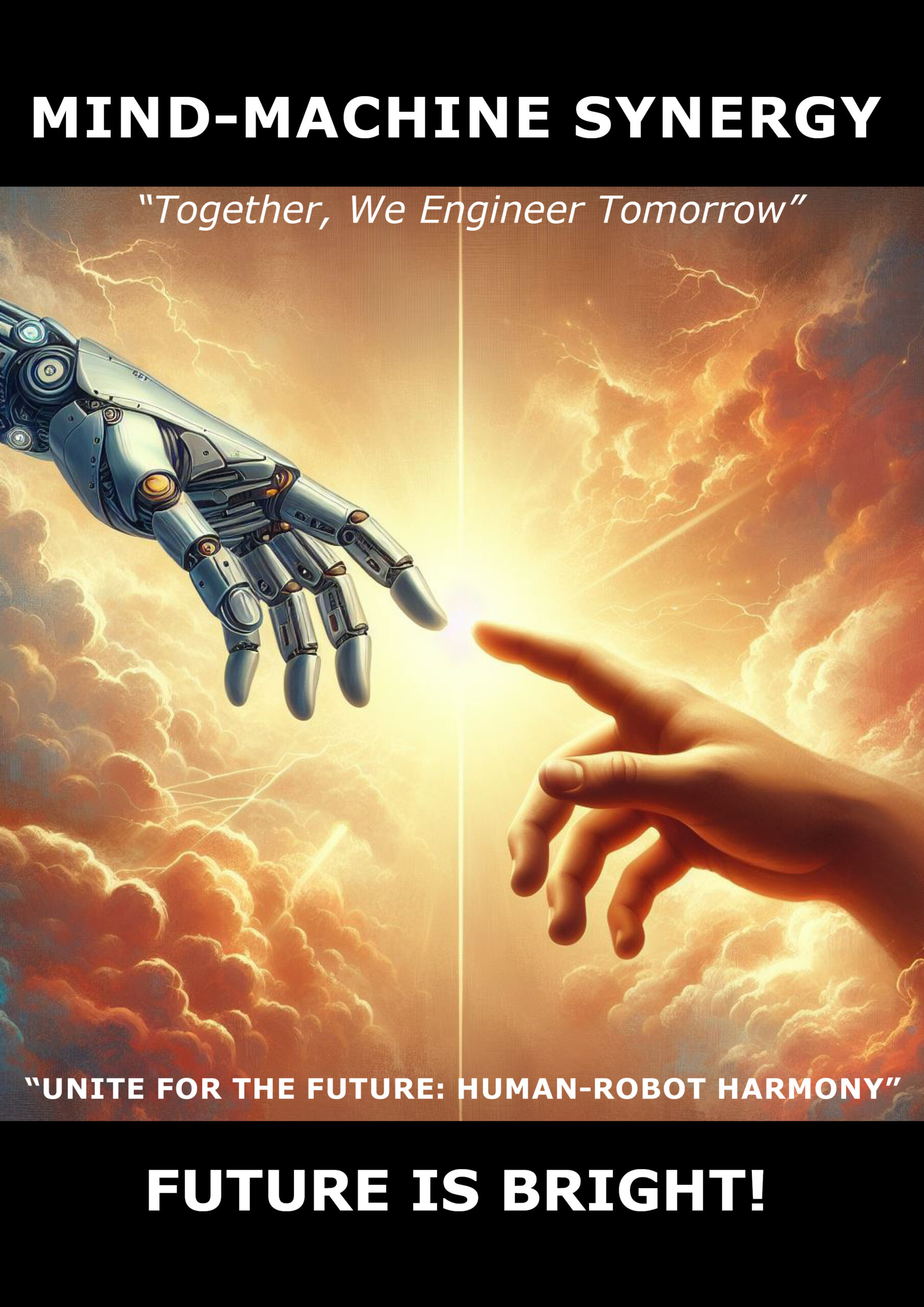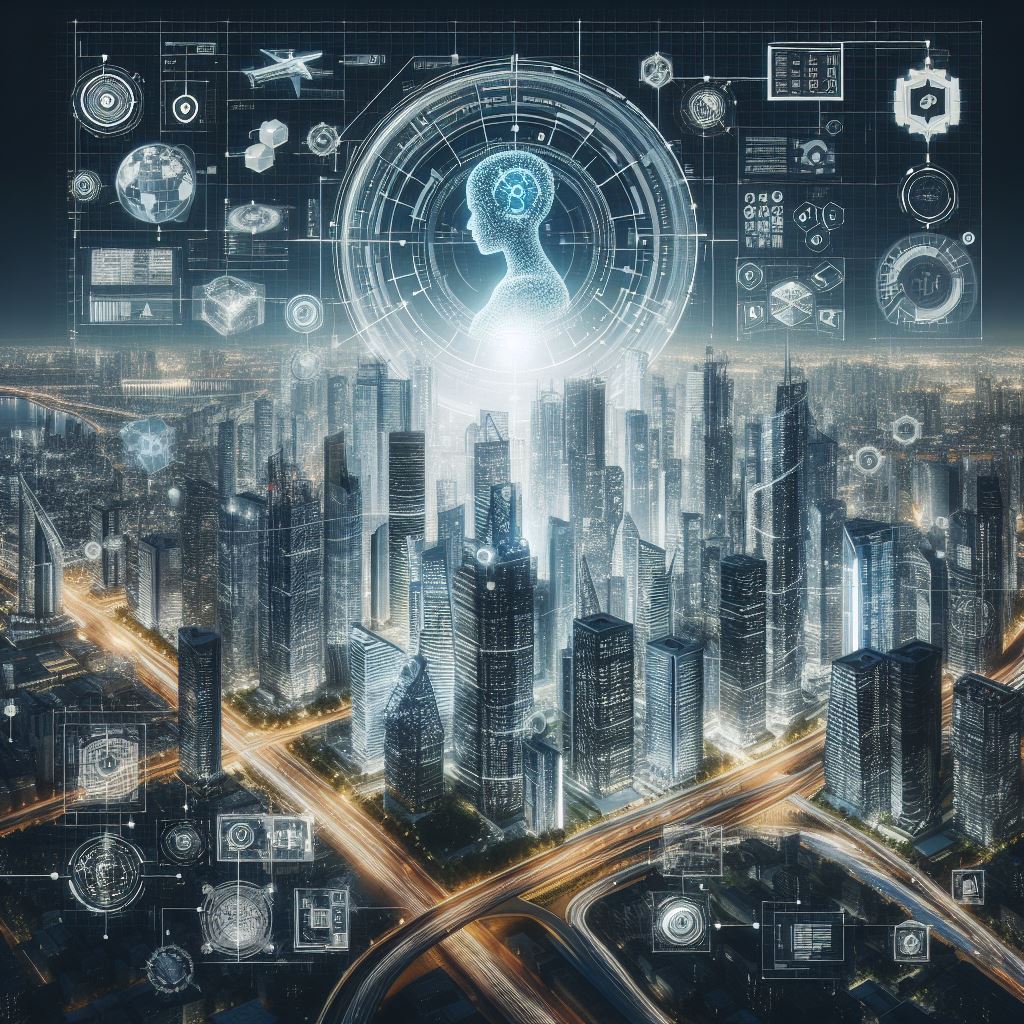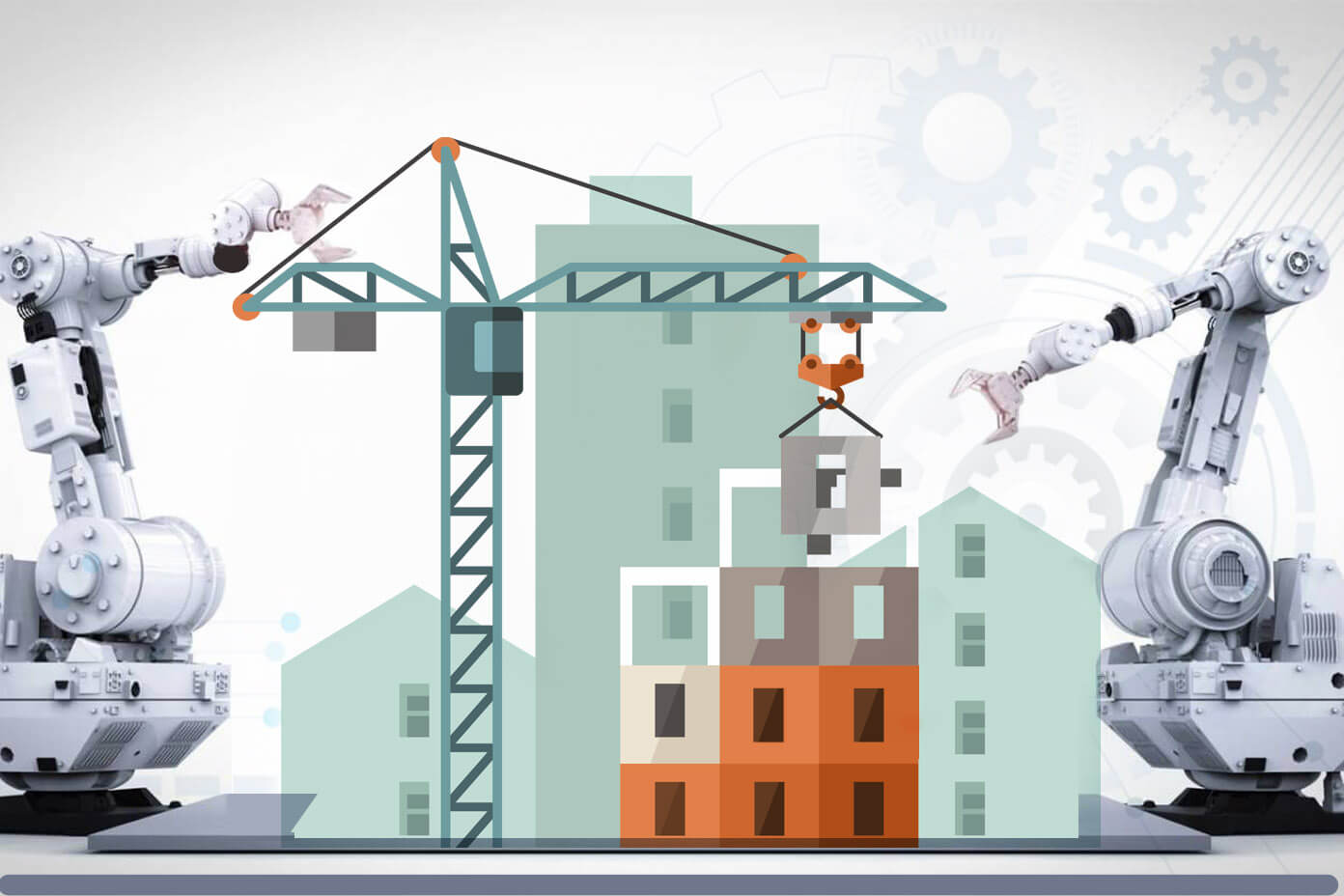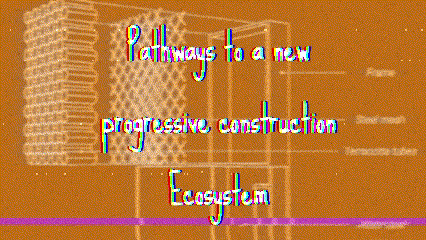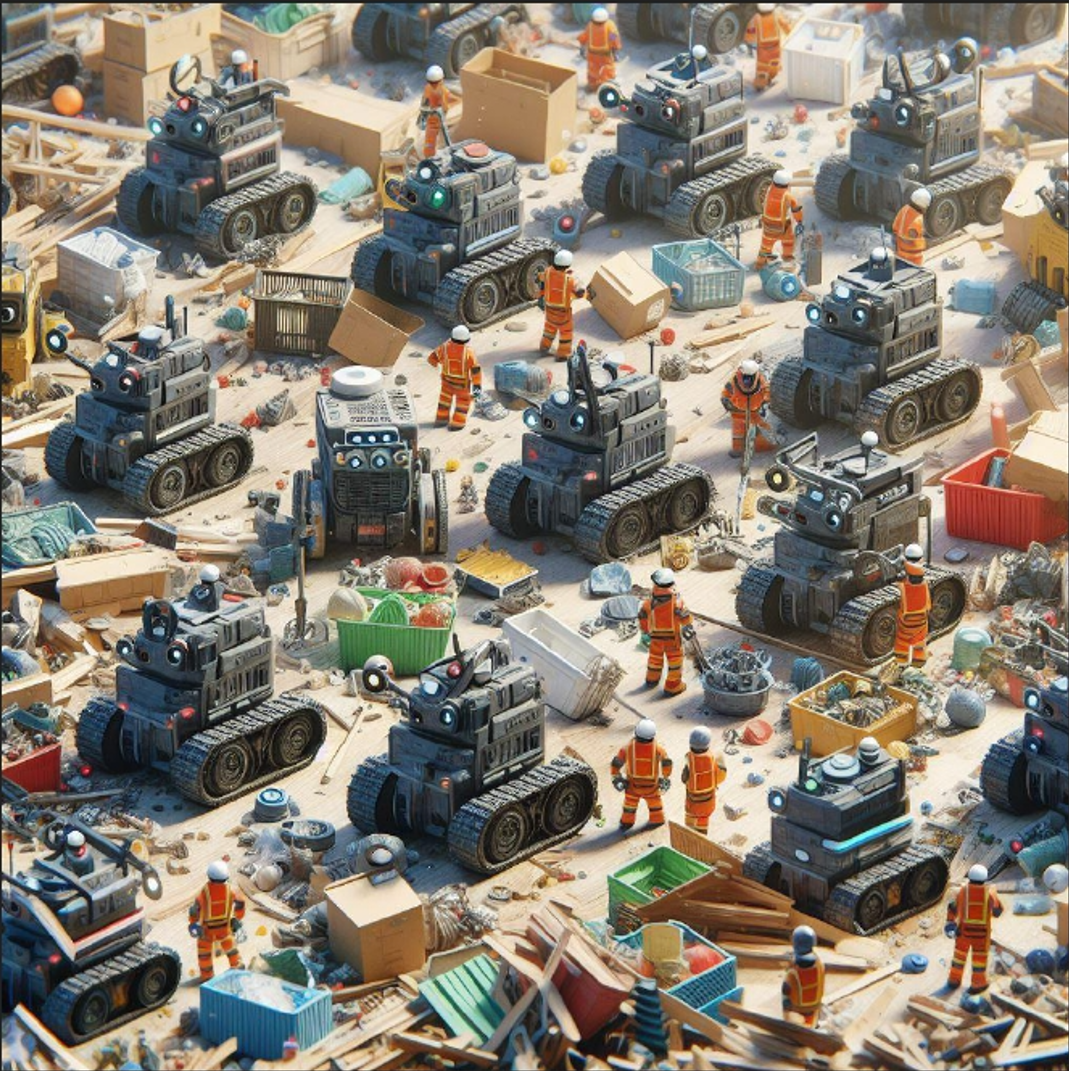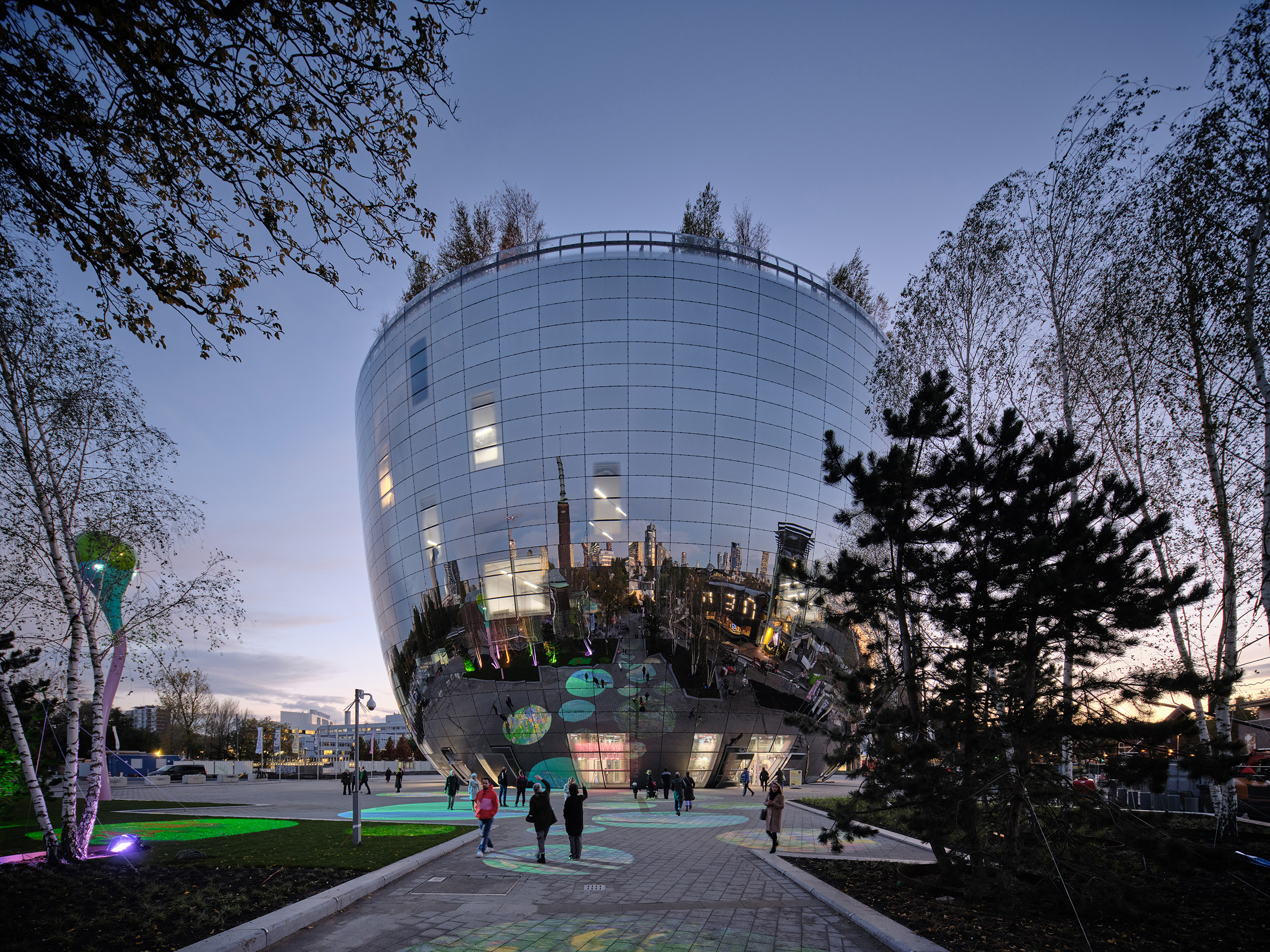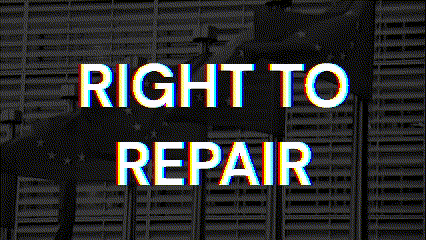ReWeave_3.0_Gamified
Abstract The escalating challenge of managing construction and demolition waste necessitates innovative approaches to enhance sustainability in the construction industry. This research proposes an automated robotic workflow leveraging Multi Agent Systems (MAS) and computer vision to repurpose planar construction waste materials, such as tiles, into new construction elements like bricks or walls. The primary objective … Read more

